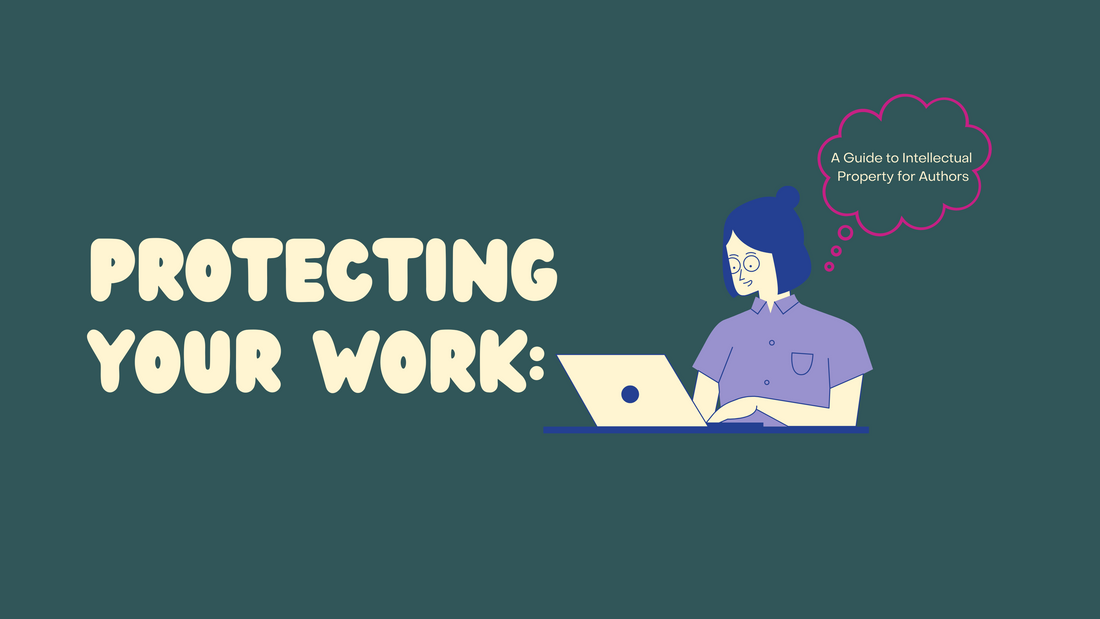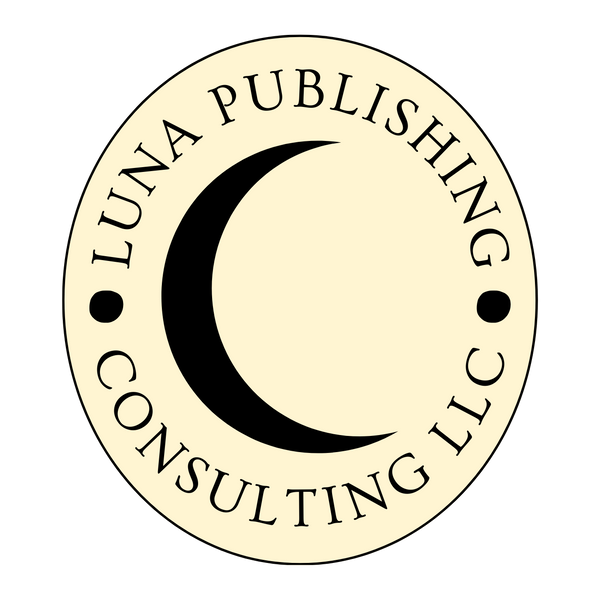
Protecting Your Work: A Guide to Intellectual Property for Authors
Share
The world of publishing is as thrilling as it is complex, particularly when it comes to the legal aspects that every author must navigate. Understanding the intricacies of contracts, intellectual property, and rights management is crucial for ensuring that your work is protected and that you receive the royalties and recognition you deserve. In this post, we’ll delve into the essential legal components of publishing, offering insights and tips to help you make informed decisions.
Understanding Publishing Contracts
One of the first legal hurdles you’ll encounter as an author is the publishing contract. This document is the cornerstone of your relationship with a publisher, outlining the terms under which your work will be published and distributed. It’s crucial to understand the key elements of a contract, which typically include:
- Grant of Rights: This section details what rights you are giving to the publisher. It could be exclusive rights, non-exclusive rights, or rights limited to certain formats or territories. Always be clear on what rights you are retaining.
- Advance and Royalties: The contract should specify the advance you’ll receive and the royalty rate for book sales. Make sure you understand how royalties are calculated and when you’ll be paid.
- Delivery and Acceptance: This clause outlines the deadlines for submitting your manuscript and what happens if the publisher does not accept the final version.
- Termination Clause: This section defines the conditions under which either party can terminate the contract. Understanding this can protect you in case things don’t go as planned.
Negotiating the terms of your contract is essential. Don’t hesitate to seek legal advice to ensure that your interests are protected.
Protecting Intellectual Property
Your intellectual property (IP) is your creative output, and protecting it is vital. The most important legal protection for authors is copyright, which gives you the exclusive right to reproduce, distribute, and adapt your work. Here’s what you need to know:
- Copyright Registration: While your work is automatically protected by copyright as soon as it’s created, registering it with the appropriate government body (e.g., the U.S. Copyright Office) provides additional legal benefits, including the right to sue for infringement.
- Moral Rights: These rights protect your reputation as an author, giving you the right to be credited for your work and to object to any alterations that could harm your reputation.
- Plagiarism and Piracy: Unfortunately, plagiarism and piracy are common issues in the publishing industry. Monitoring your work and taking swift legal action against infringers is crucial for protecting your IP.
Understanding these concepts can help you safeguard your work and ensure that your creative rights are respected.
Managing Rights and Royalties
Once your book is published, managing your rights and royalties becomes an ongoing task. This involves ensuring that you are fairly compensated for the use of your work and that you retain control over how it is used in the future.
- Subsidiary Rights: These are additional rights that can be sold or licensed separately from the main publishing rights. They include rights for translations, film adaptations, and merchandise. Negotiating favorable terms for these rights can significantly increase your earnings.
- Royalty Statements: Publishers usually provide royalty statements periodically. These documents show how many copies of your book have sold, how much you are owed in royalties, and any deductions that have been made. Understanding these statements is key to ensuring that you are being paid correctly.
- Reversion of Rights: Over time, the rights you’ve granted to a publisher may revert back to you, especially if your book goes out of print. Knowing when and how to reclaim these rights allows you to explore new publishing opportunities for your work.
Managing your rights and royalties effectively is essential for maximizing your income and retaining control over your creative output.
Conclusion
Navigating the legal aspects of publishing can seem daunting, but with the right knowledge, you can protect your work and ensure a successful publishing journey. From understanding contracts and protecting your intellectual property to managing rights and royalties, each step is crucial for your career as an author. By staying informed and seeking professional advice when needed, you can confidently navigate the legal landscape of publishing.
References:
- U.S. Copyright Office: Copyright.gov
- The Authors Guild: authorsguild.org
- Publishers Weekly: publishersweekly.com
